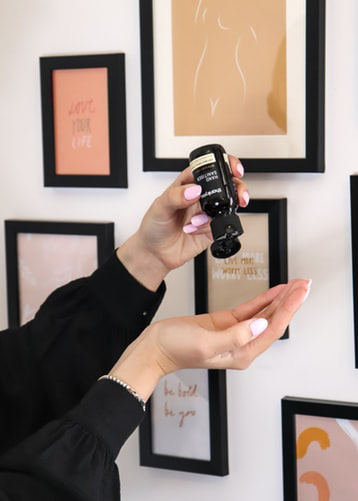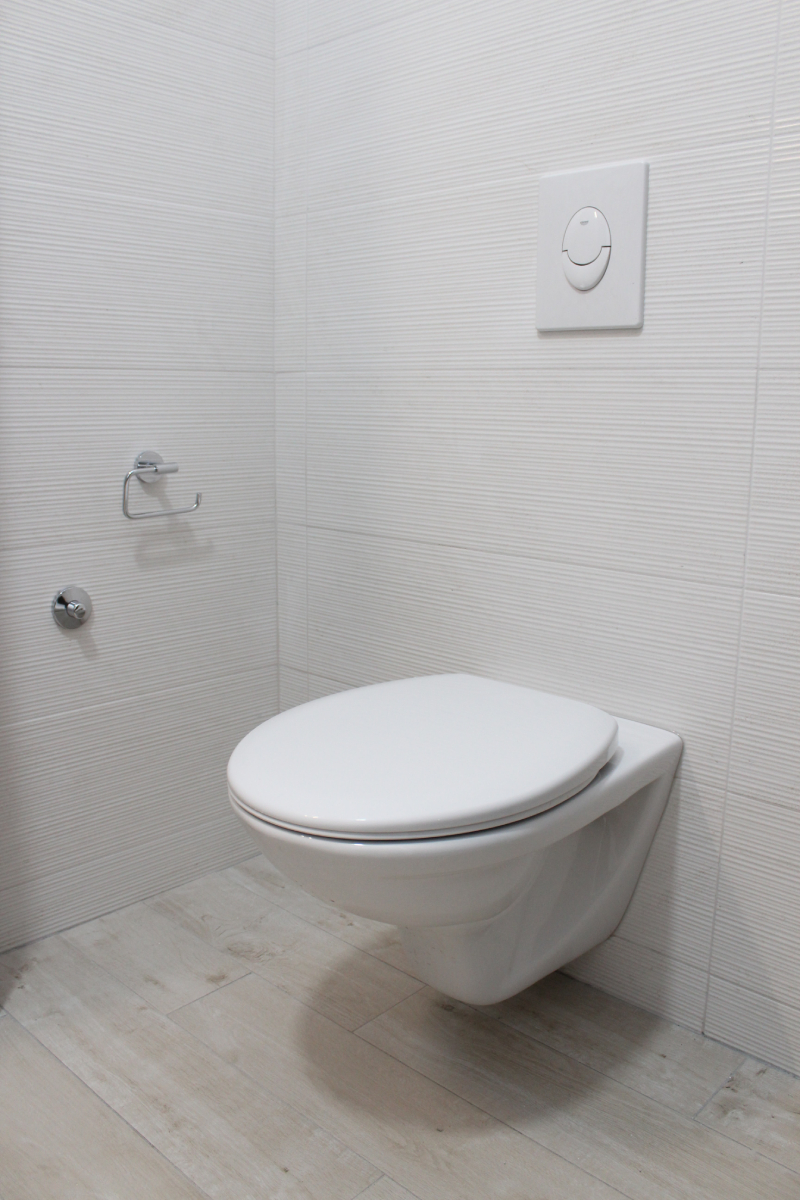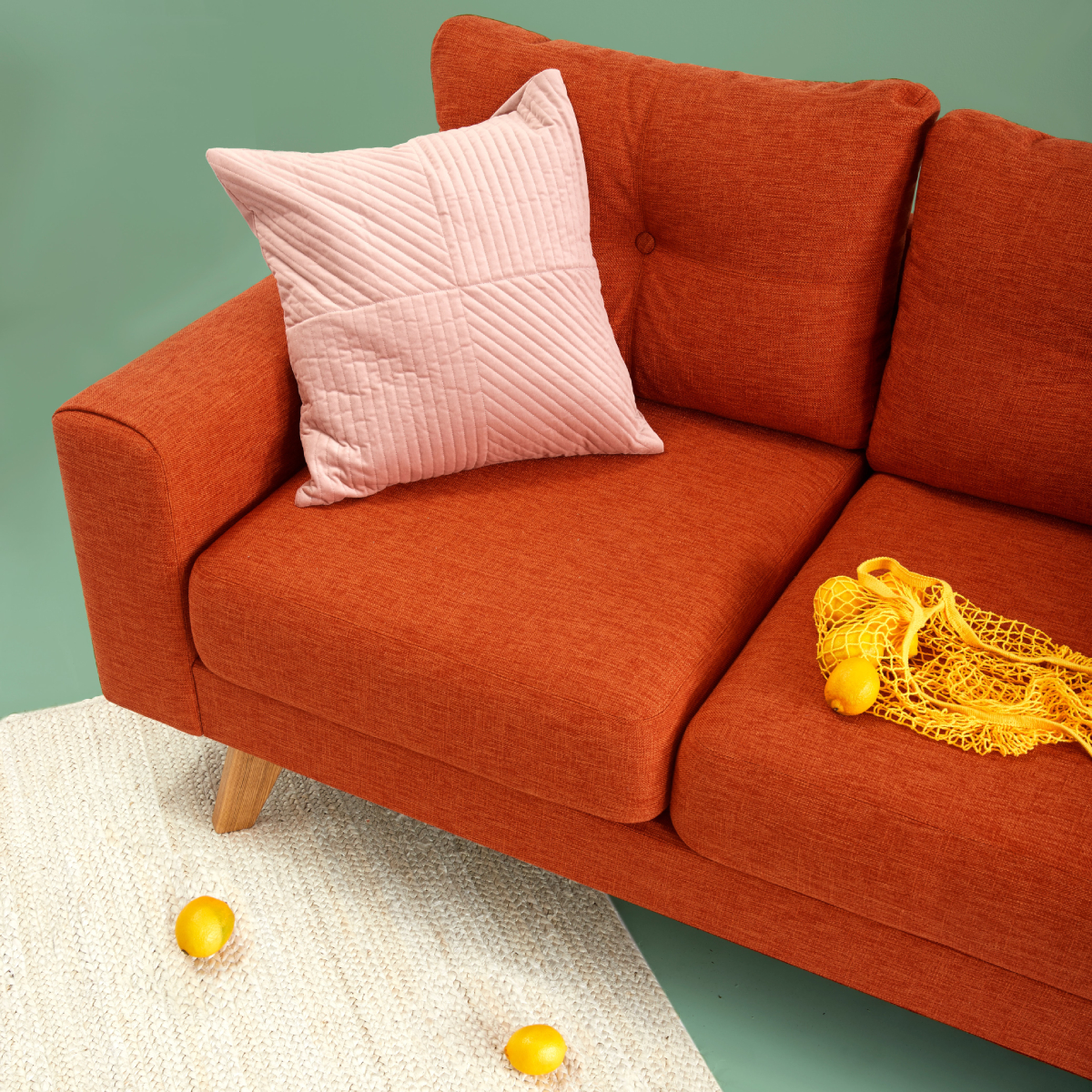A doctor's advice for keeping your home virus-free

Most of us are staying home during the COVID-19 outbreak. But is your home a safe zone?
Dr. Koh Hong Yi shares his insights and must-know advice for keeping your home clean and your family healthy during the outbreak.

Hand sanitisers may be alcohol- or non-alcohol based. The former is more common, and have better scientific evidence for effectiveness.
To be effective, the US Centres for Disease Control and Prevention (CDC) recommends that the alcohol concentration be at least 60 per cent.
There are many websites purporting their own versions of homemade hand sanitisers, but readers need to be careful as the efficacy and safety of these recipes have not been verified.
Using an ineffective hand sanitiser (eg. with too low a concentration of alcohol) may give a false sense of security, while certain ingredients such as essential oils or fragrances may cause irritation or allergy to some people.
Overall, one is better off with a store-bought sanitiser if that is available.
If one still wants to make his or her own hand sanitiser (eg. due to unavailability of commercial supply), I would recommend he or she follow the recipe published by the World Health Organisation.
The WHO guide comes from a trusted source, is easy to follow, and has been tested successfully in many countries.
One should note that the WHO guidance is meant for local pharmacies and not for the lay person in his / her own living room.
The recipe requires pharmacopoeial quality reagents, and carries a warning about fire risk as the chief ingredient is alcohol.
The US CDC has created a helpful poster on how to wash hands or use hand sanitiser.
[[nid:479519]]
Common mistakes by most users include: (1) Using insufficient amount of product, (2) not covering all the surfaces of the hands, and (3) not applying the product for long enough.
One should refer to the product label on the amount of sanitising liquid recommended for each individual product.
A palmful to fill the cup of one's hand or about 2.5 to 3ml is usually needed.
Note that a single pump of the dispenser may deliver less than the required amount and two pumps may be desirable.
To cover all surfaces of the hands, one can follow the 8-steps of hand-washing on the MOH website, except soap is replaced by hand sanitiser and drying with towel (step 8) is not needed.
The WHO has produced a poster demonstrating the same steps with a hand sanitiser.
To be effective, the whole process should take at least 20 seconds and the alcohol-based sanitising liquid should be allowed to dry completely.
Sanitising liquids meant for surfaces (e.g. floors) may be too harsh to be used on the skin. One runs the risk of causing irritant or allergic contact dermatitis (skin irritation or allergy).
The ingredients used to make these liquids may be of lower (eg technical) grade and not meant for skin application.
The reverse question is whether hand sanitisers can be used for household cleaning.
While the alcohol concentration in hand sanitisers may be high enough, those that are non-alcohol based may not have sufficient concentration of antiseptic ingredient since the product was meant for the skin.
One should refer to the NEA website on recommended cleaning agents for Covid-19.
Another caveat is hand sanitisers are meant to evaporate and only useful for skin that is not soiled or only mildly soiled. Hence, they will not be effective in removing dirt from surfaces.
If one is using large amounts of alcohol to clean surfaces, one must be mindful that pools of alcohol or their fumes are flammable. The room should be kept ventilated.

The National Environmental Agency (NEA) has published guidelines on environmental cleaning and disinfection for areas exposed to Covid-19.
All frequently touched areas and toilet surfaces need to be wiped down with an appropriate disinfectant or bleach, and allowed to air dry.
All accessible areas of walls and blinds should similarly be cleaned.
Regarding small accessories - if they are accessible and have the potential to be in contact with the virus (eg. Touched by an infected person or have droplets land on them), it is best to clean them.
Cleaning the floor alone is not enough.
No, it does not.
Spraying alcohol into the air does not attain sufficient concentrations or contact time for it be an effective disinfectant.
In well ventilated rooms the alcohol will dissipate too rapidly to be effective.
And remember alcohol fumes are highly flammable especially in enclosed spaces.
HEPA filters can remove bacteria and viruses in the air.
However, the main mode of spread of Covid-19 is between person-to-person through droplets, which are expelled from the mouth or nose of an infected person and passes to another person nearby or when they land on surfaces.
Hence the main defence against Covid-19 should be social distancing and regular hand hygiene.
Alcohol does not remove soiling or dirt from surfaces or fabric, and so is not recommended as a replacement for washing.
One must also remember that fabric will soak up alcohol and retain them for a longer period of time, and the item remains flammable during this period.

You can refer to the guidelines published by NEA. For difficult to clean items, NEA has provided a list of cleaning companies that carry out disinfection works.
No, they do not.
Vacuum cleaners suck up dirt and do not remove viruses.
If the carpet has been used by a person with Covid-19, you may wish to contact a cleaning contractor to help with disinfection. A list has been provided by NEA.
[[nid:481955]]
There are non-alcohol based hand sanitisers available. For example, Temasek Foundation (partnering with People's Association), is giving out hand sanitisers containing benzalkonium chloride, a non-alcohol disinfectant, to all households.
One can also choose hand sanitisers with added moisturisers (eg. Glycerol/glycerine).
The problem may also not be the alcohol in the hand sanitiser - people with sensitive skin may be allergic to fragrances or other additives in the sanitiser, and it is best to choose one without such unnecessary additives.
It is important to use a moisturiser regularly when one is doing frequent hand hygiene (whether with hand sanitiser or hand washing).
Yes, it is possible.
However, it is uncertain how long the virus can persist on different surfaces, which may be affected by the type of surface, temperature and humidity of the environment.
Some studies suggest that coronaviruses persist on surfaces for a few hours to several days.
A study by NCID, published in the Journal of American Medical Association (JAMA), found Covid-19 on the air outlet fan of a warded patient.
The study also suggested that "small virus-laded droplets may be displaced by airflows and deposited on equipment such as air vents".
This raised concerns that Covid-19 may be spread by airborne transmission.
However, Prof Leo Yee Sin in an interview with the Straits Times (published 10 March 2020) said there is currently no evidence Covid-19 can spread through air-conditioning systems, and the NCID study was not meant to determine the virus' mode of transmission.
Central air-conditioning systems can spread some types of bacteria (eg. Legionella).

1. Wash your hands regularly, especially after coming back from outside and before touching the things at home.
2. Avoid touching your face, especially the mucosal surfaces - so no eating with bare hands, rubbing of eyes and picking your nose!
3. Clean the house regularly, daily, with approved disinfectants, and keep the house well ventilated.
For the latest updates on the coronavirus, visit here.
This article was first published in Home & Decor.